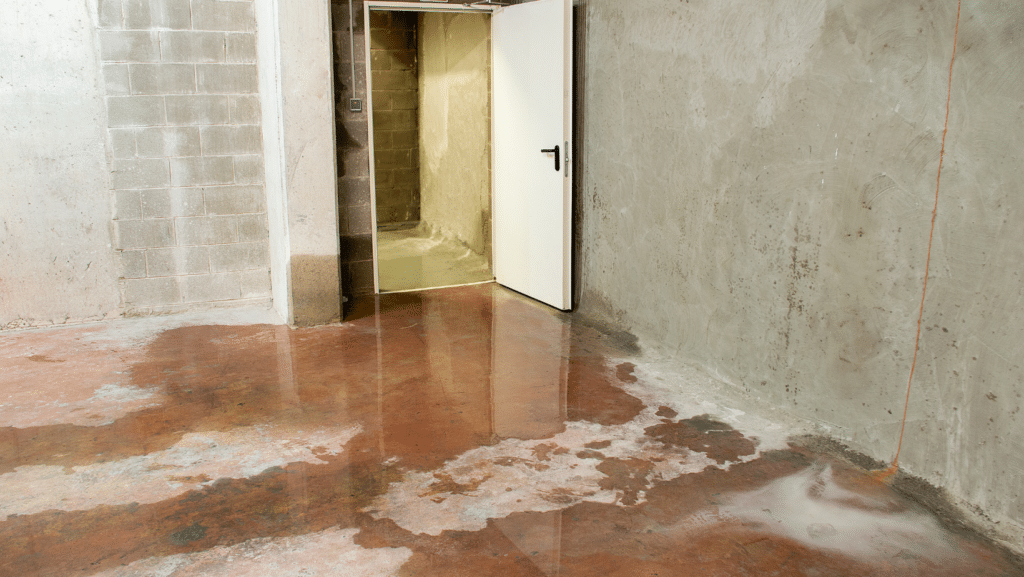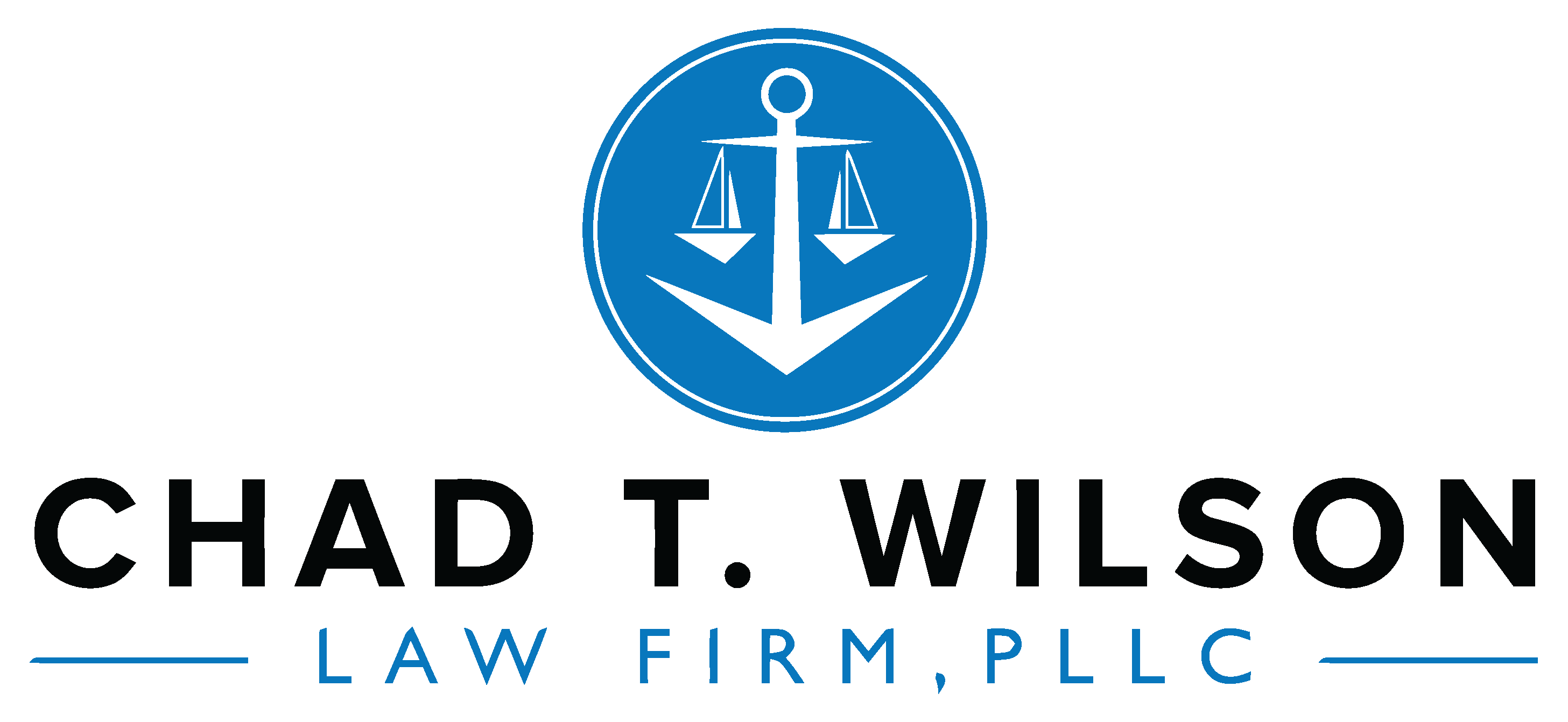
What is Flood Damage?
Flood damage refers to the destruction or impairment caused to a property as a result of water inundation. This can occur due to various reasons, such as heavy rainfall, storm surges, overflowing rivers, flash floods, or melting snow. Flood damage can be particularly devastating because water can infiltrate and affect multiple aspects of a home, leading to structural damage and the deterioration of belongings. Here are some ways in which flood damage can harm your home:
- Structural Damage: Floodwaters can compromise the structural integrity of a building. Prolonged exposure to water can weaken foundations, walls, and support structures, leading to potential collapse or long-term damage.
- Mold and Mildew Growth: Excess moisture creates an ideal environment for mold and mildew to thrive. Mold growth can begin within 24-48 hours of water exposure and can spread rapidly, causing health issues and further structural damage.
- Electrical Damage: Floodwaters pose a significant risk to electrical systems. Water can damage wiring, outlets, and appliances, leading to electrical malfunctions, short circuits, and the risk of fires.
- Contamination: Floodwaters can carry contaminants such as sewage, chemicals, and debris. These contaminants can pose health hazards and contaminate the structure and contents of the home.
- Appliance and Equipment Damage: Household appliances, HVAC systems, and other mechanical equipment are vulnerable to flood damage. Water can corrode and damage these systems, rendering them unsafe or inoperable.
- Loss of Possessions: Floodwaters can ruin furniture, electronics, clothing, and other personal belongings. The extent of the damage depends on the severity of the flood and the types of materials affected.
- Financial Loss: Repairing and restoring a home after flood damage can be expensive. In many cases, homeowners may face financial setbacks due to repair costs, loss of property value, and potential increases in insurance premiums.
To mitigate the impact of flood damage, it’s essential for homeowners to take preventive measures, such as elevating their homes in flood-prone areas, installing proper drainage systems, and having adequate insurance coverage. In the event of a flood, quick and effective response, including evacuation and damage assessment, is crucial to minimizing the overall impact on the home and its occupants.
Call Chad T. Wilsom Law Firm, PLLC.
Speak with a property damage attorney if you’re having trouble getting your claim processed or if the insurance company is attempting to pay less for the claim than is reasonable.
Learn more about our attorneys:
https://cwilsonlaw.com/meet-the-team-chad-t-wilson-law-firm-pllc-insurance-attorney/
Follow us on Social media:
https://beacons.ai/chadtwilsonlaw
Contact our Chad T. Wilson Law Firm Office Locations to Schedule a free Consultation.
Chad T. Wilson is an attorney whose firm specializes in property insurance disputes.
« Back to Glossary Index





